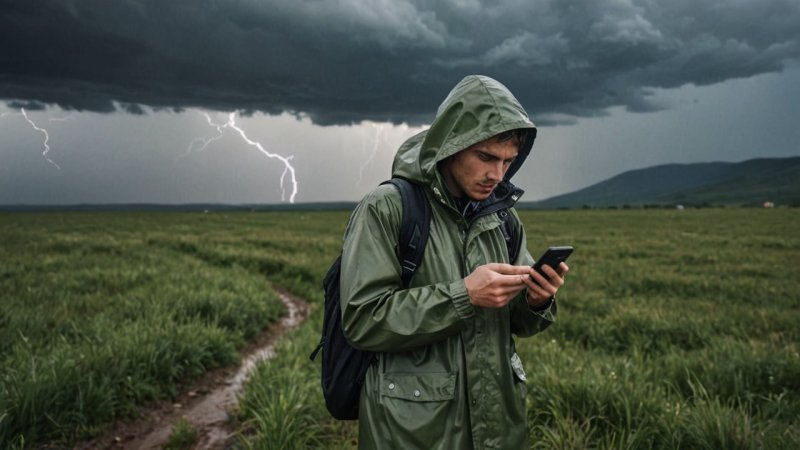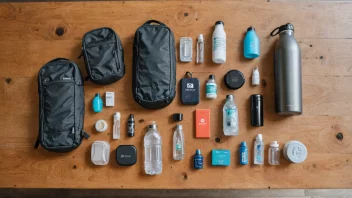Traveling can be an exhilarating experience, but it also comes with its fair share of challenges, particularly when it comes to extreme weather conditions. Whether you're planning a tropical beach getaway or a winter wonderland adventure, understanding how to prepare for the weather can significantly enhance your trip and ensure your safety.
First and foremost, research your destination thoroughly. Check historical weather patterns and forecasts to get a sense of what to expect. If you're heading to a region known for hurricanes, floods, or blizzards, ensure you are well-informed about the local conditions during your travel dates. Websites like the National Weather Service or local meteorological services can provide real-time updates and alerts.
Next, pack appropriately for the weather. Consider layering your clothing, especially in unpredictable climates. A good rule of thumb is to bring moisture-wicking base layers, insulating mid-layers, and waterproof outer layers. Don't forget accessories such as hats, gloves, and scarves for colder destinations, or sunglasses and sunblock for warmer climates. Additionally, sturdy footwear is essential, especially if you plan to hike or explore the outdoors.
In case of extreme weather events, it’s crucial to have a contingency plan. Familiarize yourself with local emergency procedures and locations of shelters. Keep your mobile phone charged and consider downloading apps that provide weather alerts and emergency notifications. Having a portable charger can be a lifesaver in situations where you may be stranded or need to stay informed.
Another important aspect of weather preparedness is to stay hydrated and nourished. Extreme heat or cold can take a toll on your body; therefore, carrying water and snacks is essential. If you’re in a hot climate, drink plenty of fluids and take breaks in shaded areas. In colder climates, warm up regularly and eat high-energy foods to maintain your body heat.
Lastly, don’t underestimate the power of flexibility in your travel plans. If you find yourself in a situation where the weather is uncooperative, be ready to adjust your itinerary. Consider indoor alternatives or reschedule outdoor activities to avoid dangerous conditions. Being adaptable can turn a potentially negative experience into a chance for unexpected adventures.
In conclusion, preparing for extreme weather conditions when traveling is essential for ensuring a safe and enjoyable experience. By researching your destination, packing appropriately, having a contingency plan, staying hydrated, and being flexible with your plans, you can navigate any weather challenges that come your way. Embrace the journey, and remember that sometimes, the most memorable experiences come from overcoming the unexpected.






